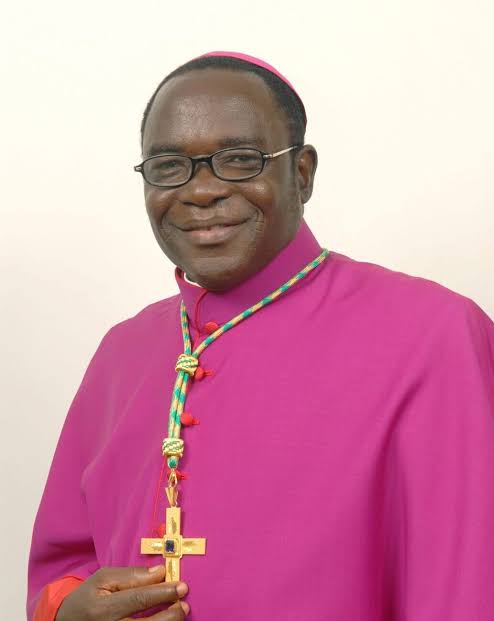The Bishop of the Catholic Diocese of Sokoto and Founder of the Kukah Centre, Bishop Mathew Hassan Kukah, has okayed the controversial tax reform bills of the Bola Ahmed Tinubu’s administration stating that it will end the elitist financial recklessness in Nigeria. Kukah made this submission while speaking as a guest on Channels Television’s Morning Brief earlier today Tuesday. He, however, advised that the Federal Government fully implement the bill and ensure that the ongoing reforms lead to the country’s development.

Since the bills were introduced on the floor of the National Assembly, they have attracted widespread criticism in several parts of the country while some claim that the bills are targeted against the northern region, others opine that they will overburden Nigerians.
Bishop Kukah said: ‘Nigeria is a very energetic country with people that are so eminently gifted and are roaring to soar at any time. However, our problem is the inability of states to create enough gatherings to contain the energy, vision, and competing narratives of their citizens. This lack of competitive gatherings often spills over into violence.’
‘But I hear you when you speak about all the issues identified. And I am excited about the issue of tax reform bills because, first, I know nothing about it. But I have started educating myself. Any form of reform at all must get this thoroughly dysfunctional country working again.’
‘So I am excited because hopefully, we can take the time to listen to the conversation about how to avoid and end this financial recklessness, and the irony of Nigerians living by the seaside and washing their faces with saliva.’
‘The reforms should end the narrative of Nigerians living in a country that is so richly endowed but are spectators to the rascality and irresponsibility of the elites who continue to mismanage our resources. So I’m hopeful that this is the beginning of a very long journey of fiscal management and efficiency that can lead to the growth and development of the kind of country that we envision’, Kukah concluded.